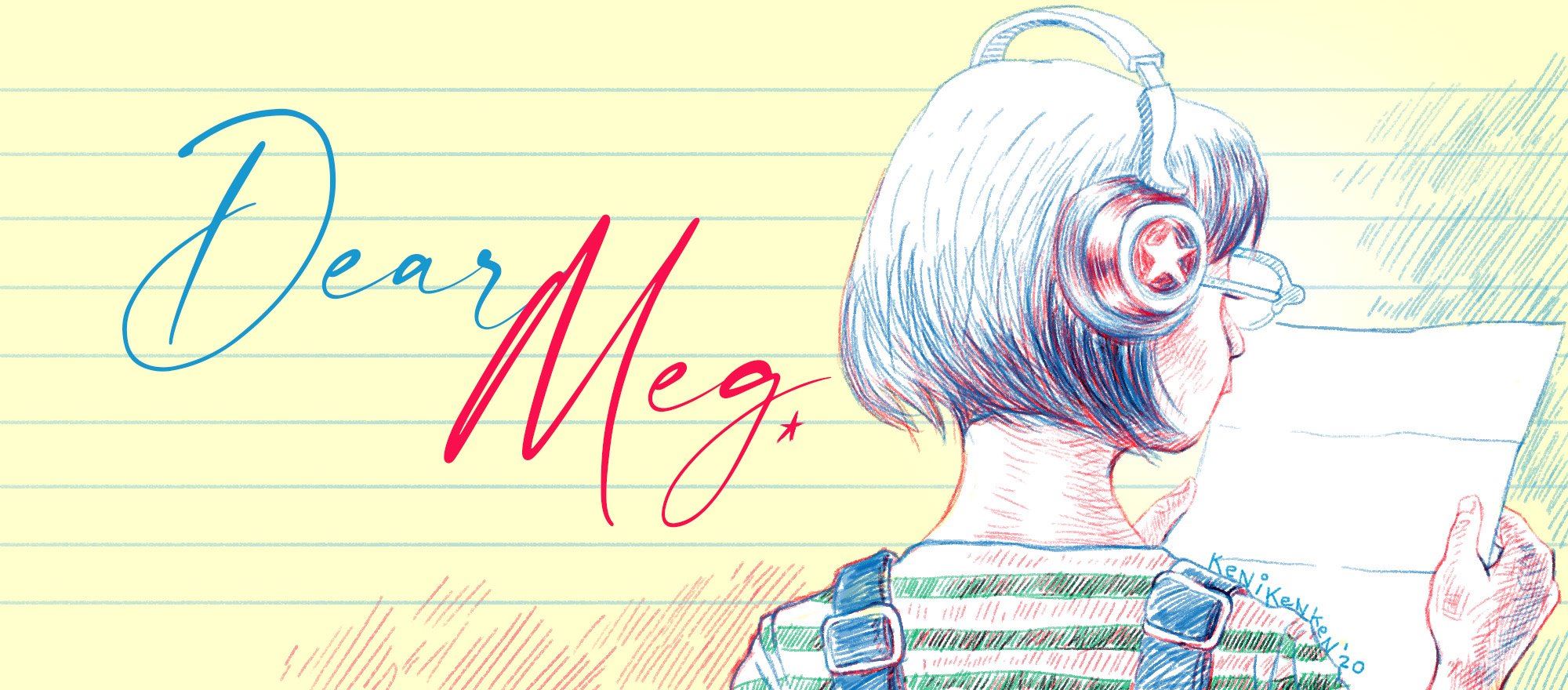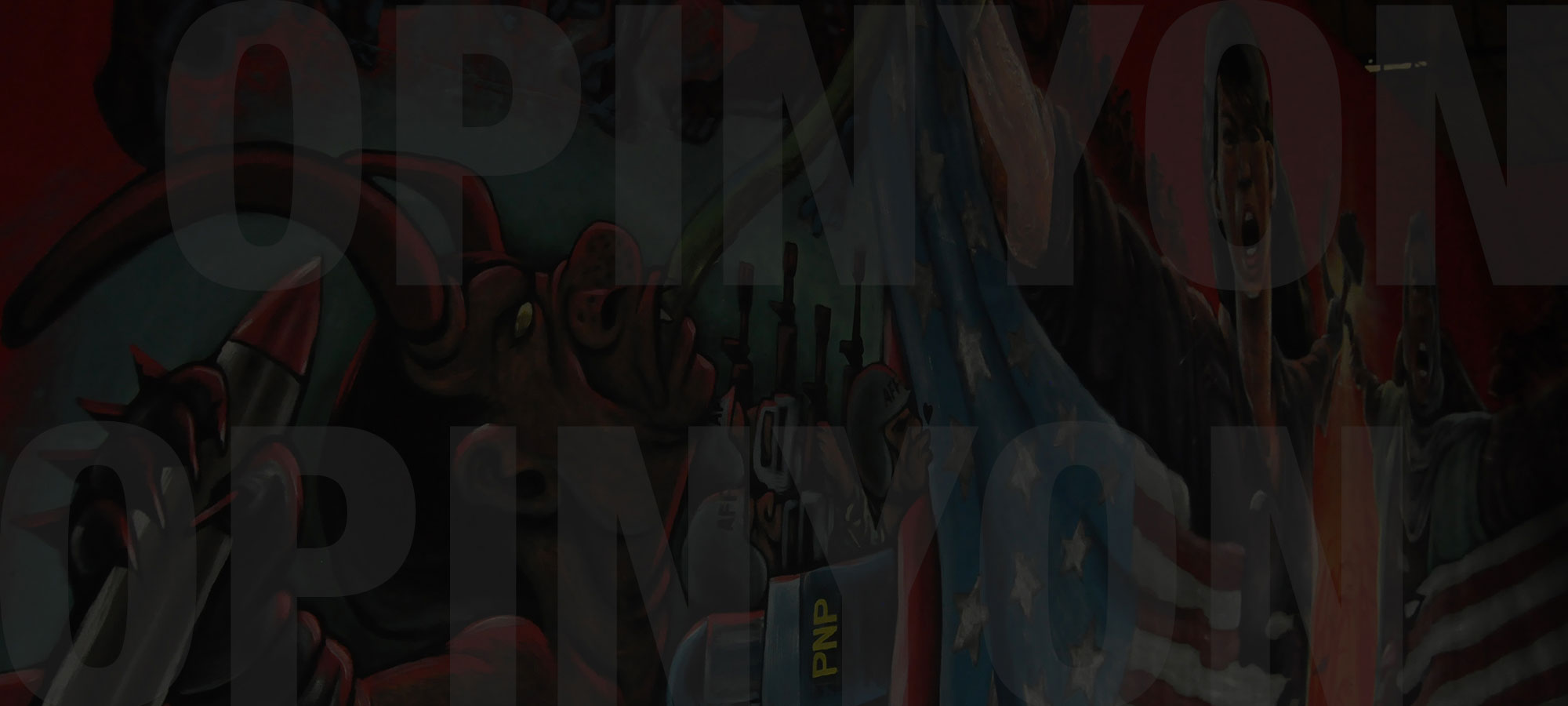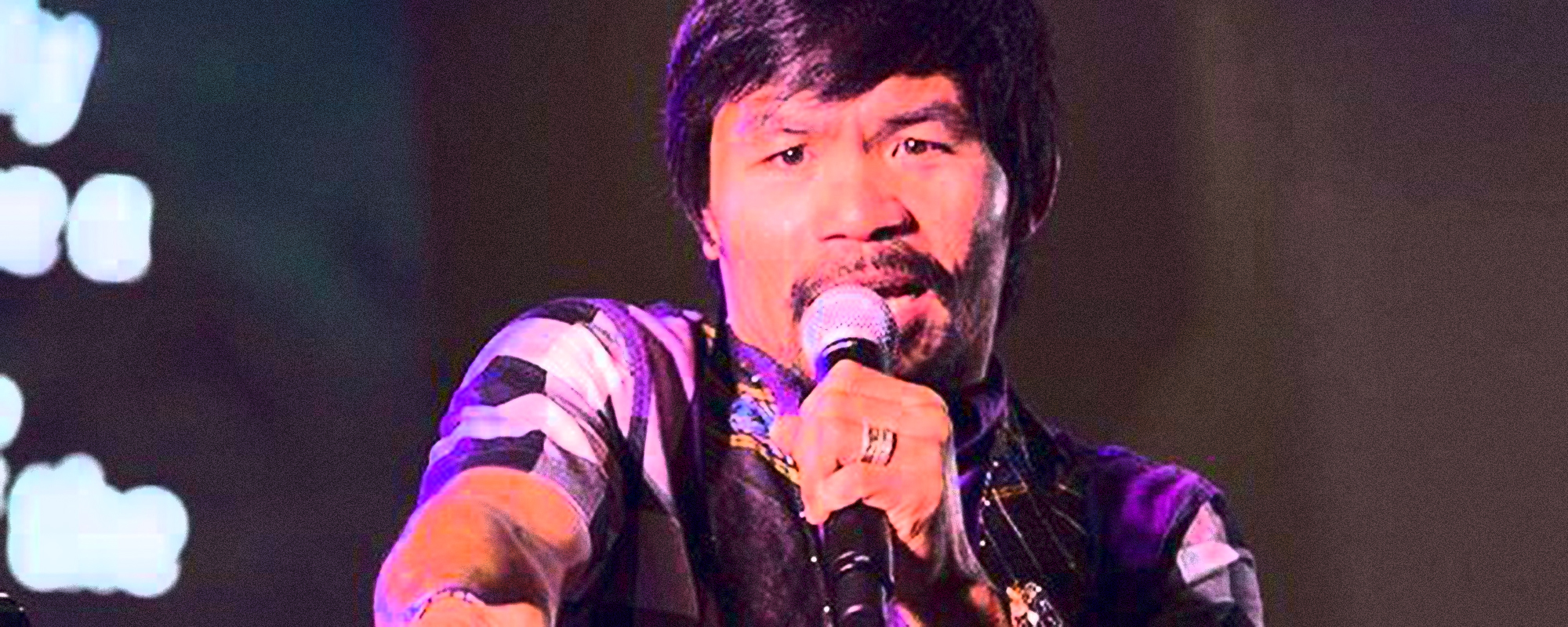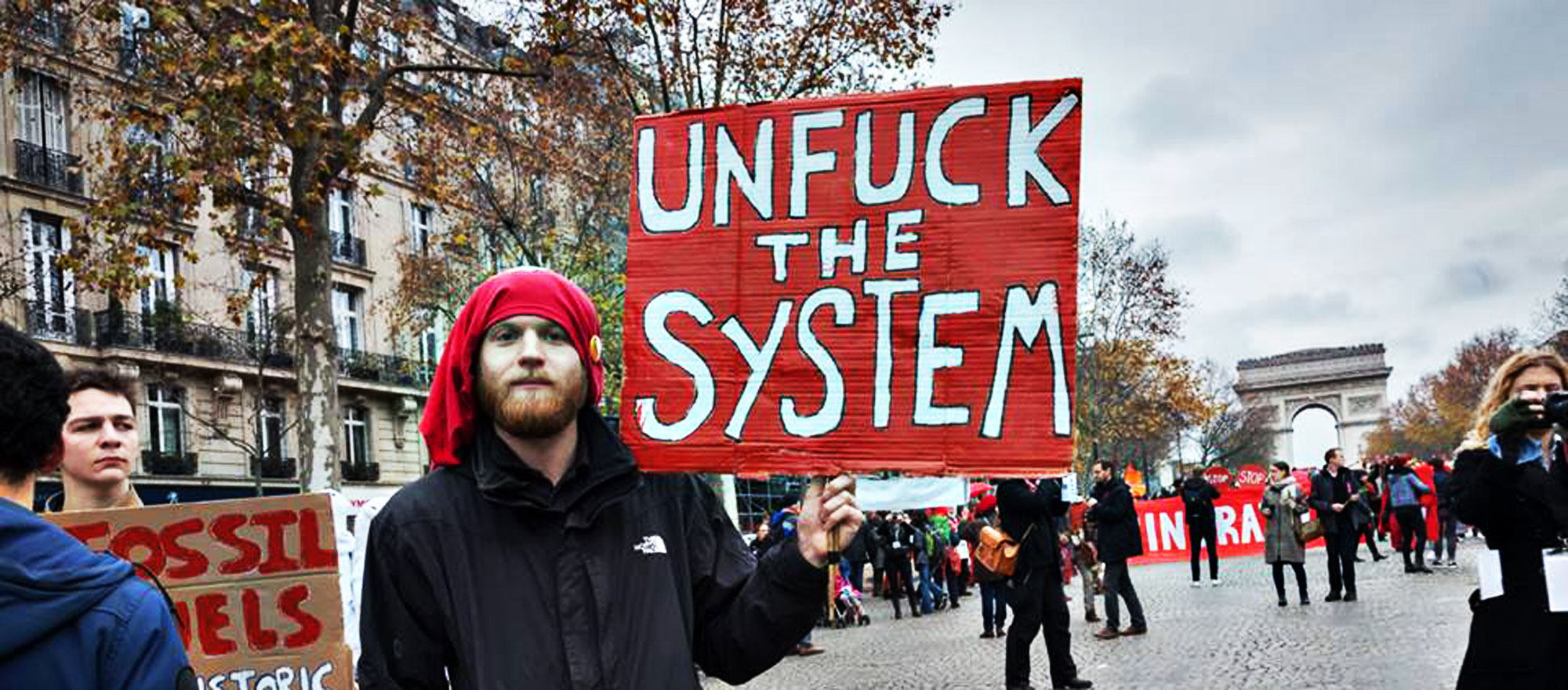Thank you for writing to me. I hope today’s one of your good days.
I’m sorry that it took some time to draft this reply; I’ve been talking to people your age, trying to understand what brings you distress, and the more I listened the more common themes emerged. I kept re-reading your letter, too, and thought it might be comforting to let you know what I’ve found.
Like you, many of today’s youth are feeling uneasy, the precarity of the future weighing heavily on their minds. Sometimes I’d wonder if my generation ever felt as hopeless, but the reality of a burning planet while billionaires raced to space was not thrust on us this way. Comparisons wouldn’t be fair.
Some things though, I’m sure we also went through. We were most definitely filled with worry as well, because that’s how it is when you’re still finding your place in the world. There was so much we didn’t know, including the terrain of ourselves, and that is a terrifying thing. It’s still the case, to be clear, but over time one learns that fear, like despair, gets a little bit lighter when borne with others. Most of us knew, even in our terror and self-doubt, that we were not alone. That we could count on others as we struggled. I think that’s how we survived to adulthood.
I’m not sure if you know that. Sometimes I’d get struck by the amount of gratitude showered upon me by young counselees, when all I really did was sit there for most of the session. I’m surprised they’re surprised someone would pay attention. And while I know that that’s no small thing, I’m positive it was very easy to find a pair of listening ears back then, outside of a therapeutic session.
We had community. A village. A tribe. I think you understand that part. But there seems to be confusion about what it takes to build one.
Being worry-free, for instance, is not a prerequisite for relationships. Maybe it’s lost on the young because we tend to talk only about the happy times, but the most meaningful bonds in our lives weren’t created under conditions of abundance. Instead they were forged in the fires of our shared struggles, when we didn’t have much but common dreams, and the willingness, amid our vulnerability, to see and be seen.
We shared whatever meals we could afford with our measly allowance, commuted together in packed jeepneys, borrowed from each other for our ride home. Our most heartfelt conversations weren’t had in moments where we looked tidy and composed like what fills our Instagram, but in messy bedrooms, mostly around midnight. None of us looked good enough to be photographed.
Musing about this I come to the conclusion that human bonds, at their core, are based simply on the unconditional acceptance of the other. My childhood friends come to mind. These days we don’t really have much in common anymore, but the fondness remains. I am happy when they’re happy, sad when they’re sad. I am present at their milestones, and they come to mine. We are there for each other.
What is building a community but caring for people this way, premised on the belief that their worth is intrinsic and unconditional? That, contrary to the dictum of capitalism, every life has value, and everyone deserves nice things?
To connect with others, there shouldn’t be much else we need besides a genuine interest in people, and a trust that they almost always mean well. I know faith in humanity has become cheap these days but that’s precisely what I’m talking about. How wonderful it must be to navigate life with certainty that the next person has our back. Because again, contrary to what the world order likes us to think, not everyone is out to get our share of the pie. We’re all just trying to get by. And in your case, even the day-to-day could feel like going to war.
I wanted to say three things: That it’s not your fault, that you’re not alone, and that you’re stronger than you know. In today’s state of affairs, which you rightly situate within the capitalist system, I can imagine there would be many people like you out there, clinging for dear life as social systems fail you. But healthcare should be available to every single person; no one should have to pay out of pocket to be able to function and cope. It’s what it means to be a society. That said, I know that a predicament like yours would qualify as a disability, and the State should provide continuing assistance. It’s their duty.
I hope you’re able to reach out to people in the same boat, to provide each other care and support, maybe pool resources, and build a community to fight for a kinder world. I think some online groups exist for this purpose, or you can start one.
I always tell counselees that the easiest way to find good friends is to become one yourself. To be there for others as they go through life. To carve out time and support their passions, even when you don’t understand. To listen, and listen well.*
In case you need reminding, you have everything you need to be this kind of person. I know this, because like many of the young people I’ve spoken with, eclipsing your fears is an incredible show of generosity, a desire to give back to a society that has not offered you much. I know this because in the midst of your own struggles, you still want to be there for others. That is strength and grace, and I hope you see that.
Let this strength, this grace, lead you to the love and care you deserve.
Thank you again for writing, and may you find your tribe soon.




